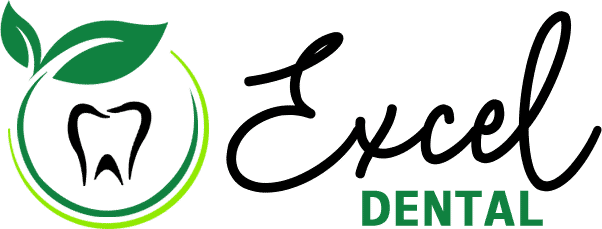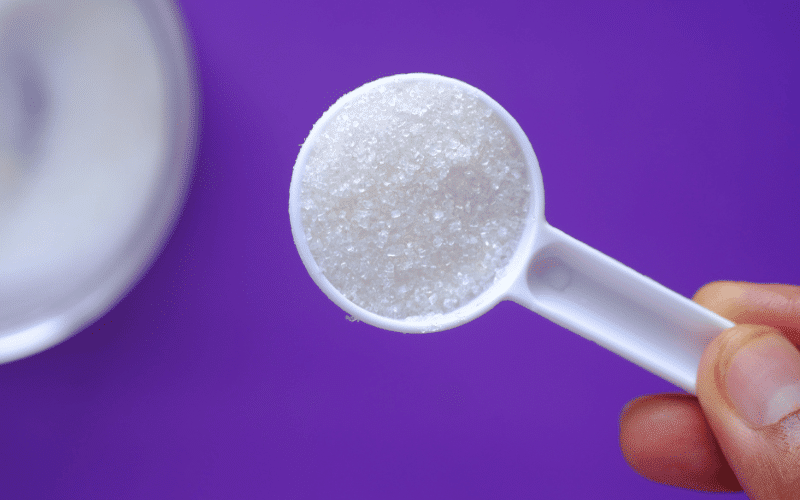One of the most prevalent dental conditions that afflict people of all ages is cavities. When it comes to the cause of cavities, many people immediately think of sugar. While it’s true that sugar plays a significant role, it’s not the only factor responsible for tooth decay. There are many misconceptions surrounding cavities, and understanding the full picture is essential for maintaining good oral health. In this blog, we’ll dive into the relationship between sugar and cavities, debunk some common myths, and explore other factors that can lead to tooth decay. If you’re searching for advice from a Dentist, you’ll find valuable insights here.
Understanding the Role of Sugar in Cavities
The connection between sugar and cavities is widely known, but how exactly does sugar cause tooth decay? When you consume sugary foods and drinks, the bacteria in your mouth feed on the sugar, producing acids as a byproduct. These acids can erode the enamel—the outer protective layer of your teeth. Over time, this acid attack creates tiny holes in the enamel, leading to cavities.
While sugar is a significant contributor, it’s important to note that it’s not sugar itself that directly causes cavities; rather, it’s the acid produced by bacteria when they digest the sugar. This process is what leads to the breakdown of your enamel and eventually forms cavities.
Common Dental Misconceptions About Cavities
There are many myths and misconceptions about cavities that can lead people to overlook important aspects of oral care. Let’s address some of these common myths and provide clarity.
Misconception 1: Only Sugar Causes Cavities
As mentioned, while sugar plays a big role in cavity formation, it’s not the only culprit. Any carbohydrate, including bread, pasta, fruits, and even vegetables, can contribute to cavity development if it gets stuck on your teeth for an extended period. These carbohydrates break down into simple sugars, which bacteria then convert into acid. So, while sugary treats should be limited, it’s important to be mindful of all foods that can promote decay.
Misconception 2: Brushing Once a Day is Enough
Brushing your teeth once a day, especially before bed, is crucial, but it’s not enough to fully protect your teeth from decay. Ideally, you should brush twice a day, for two minutes each time, using fluoride toothpaste. This routine helps remove food particles and plaque that can lead to cavities. Flossing daily and using mouthwash also help to ensure that bacteria and food debris are cleared from hard-to-reach areas.
Misconception 3: Cavities Only Happen to Children
It’s a common belief that cavities primarily affect children, but adults are equally at risk. In fact, as people age, they may be more susceptible to cavities due to factors like gum recession, which exposes the roots of teeth and makes them more vulnerable to decay. Additionally, dry mouth—a common side effect of certain medications—reduces saliva flow, increasing the risk of cavities.
Misconception 4: Cavities are Always Painful
Not all cavities hurt, especially when they’re first discovered. Cavities start small and may not produce any symptoms at first. By the time you feel pain or sensitivity, the decay may have progressed significantly, potentially requiring more extensive treatment like a root canal. Regular check-ups with your Dentist in Missouri City are crucial for catching cavities early before they become a problem.
Other Factors That Contribute to Cavities
Now that we’ve cleared up some misconceptions, let’s discuss other factors beyond sugar that can contribute to cavity formation.
1. Poor Oral Hygiene
Maintaining good dental hygiene is essential to avoiding cavities. Failing to brush and floss regularly allows plaque—a sticky film of bacteria—to build up on your teeth. This plaque eventually turns into tartar, which only a dentist can remove. Plaque and tartar create an environment where cavity-causing bacteria can thrive.
2. Frequent Snacking and Sipping
Constantly snacking or sipping on sugary drinks throughout the day exposes your teeth to acids more frequently, increasing the risk of cavities. Each time you eat or drink, the bacteria in your mouth produce acid, which stays active for about 20 minutes. This frequent acid exposure can wear down your enamel, making your teeth more susceptible to decay.
3. Dry Mouth
Because saliva neutralizes acids and removes food particles from your teeth, it is essential for dental health. If you have dry mouth, either due to medication, medical conditions, or dehydration, your risk of cavities increases. Drinking plenty of water and chewing sugar-free gum can help stimulate saliva production and keep your mouth moist.
4. Teeth Grinding
Bruxism, or teeth grinding, can wear down your enamel, making your teeth more vulnerable to cavities. If you grind your teeth, especially at night, your Dentist may recommend using a mouthguard to protect your teeth and reduce the risk of decay.
5. Poor Diet
A diet high in processed foods, refined carbohydrates, and acidic beverages can significantly impact your oral health. Eating a balanced diet rich in whole foods, such as fruits, vegetables, lean proteins, and whole grains, can help keep your teeth healthy. Foods high in calcium and phosphates, like dairy products and leafy greens, can help strengthen enamel.
Preventing Cavities: Tips for Better Oral Health
Now that you know sugar isn’t the only cause of cavities, here are some tips to help prevent tooth decay and maintain a healthy smile:
- Brush and Floss Daily: Brush your teeth twice a day for at least two minutes using fluoride toothpaste, and floss daily to remove plaque and food particles.
- Limit Sugary and Acidic Foods: While it’s okay to enjoy a treat occasionally, try to limit foods and drinks high in sugar and acid. Rinse your mouth with water after consuming them to help neutralize acids.
- Stay Hydrated: Drink plenty of water throughout the day to promote saliva production and rinse away food particles.
- Visit Your Dentist Regularly: Regular check-ups with your Dentist allow for early detection of cavities and other dental issues. Professional cleanings also remove plaque and tartar that brushing alone can’t reach.
- Use Fluoride Products: Fluoride strengthens tooth enamel and helps prevent cavities. Use fluoride toothpaste and consider fluoride treatments during dental visits.
While sugar is a well-known contributor to cavities, it’s not the only factor at play. Poor oral hygiene, frequent snacking, dry mouth, and other habits can also lead to tooth decay. By understanding the real causes of cavities and addressing common dental misconceptions, you can take better care of your teeth and maintain optimal oral health. Regular visits to your Dentist in Missouri City combined with proper dental care at home are key to preventing cavities and keeping your smile healthy.

